Nigeria’s N42.84tri Debt Stock: CISLAC, Christian Aid Come Up With Recommendations To Stop Continuous Borrowing
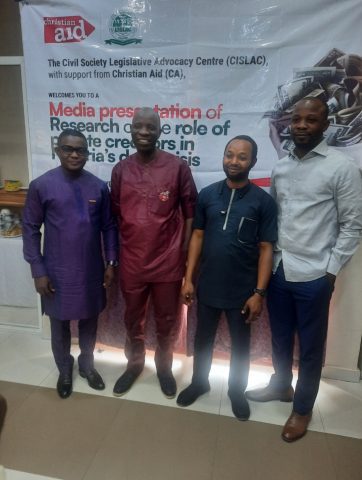
By Ngozi Onyeakusi—Civil Society Legislative Centre (CISLAC) in partnership with the Christian Aid have come up with recommendations following a research conducted on the increasing role of private creditors in Nigeria’s debt crisis and its human cost .
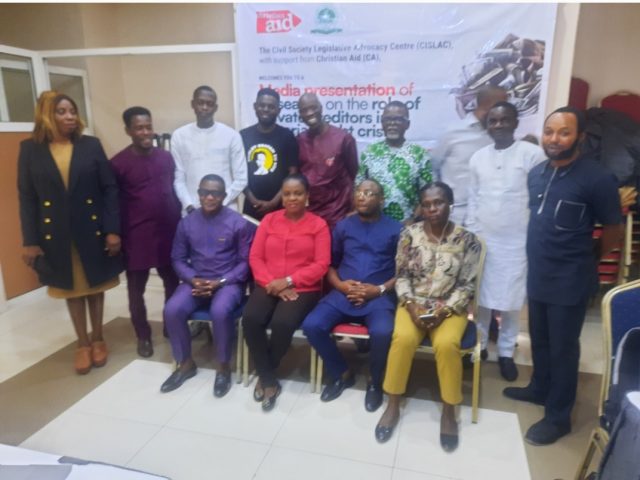
The effort was aimed at putting to an end continuous borrowing by the Nigerian Government which is presently putting the nation in a precarious situation.
According to the Debt Management Office (DMO), Nigeria’s Total Public Debt Stock as
of June 30, 2022, stood at N42.84trillion ($103.31billion).
Consequently the groups made the following recommendations among others.
There is need to boost government revenue and improve their inter-temporal budget constraints.
Need to improve revenue generation through tax.
Need to reduce reliance on borrowing from the international capital market or commercial loans.
Need to adhere strictly to the provisions of the law as regards to borrowing.
Need to establish a specific debt performance auditing mechanism to effectively monitor the impact of public debt.
Urgent need to prioritize a debt workout agenda championed collectively or deliberately by the media.
Need to adhere strictly to regulatory and legal framework such as FRA.
Need to strengthen legislators review approval process to ensure that only concessional loans are approved.
In his statement Executive Director, Civil Society Legislative Centre (CISLAC), Auwal Ibrahim Musa during the Media presentation of research held in Lagos stated;
“As we all know, Nigeria is presently in a debt crisis- with a fiscal deficit well above the
statutory threshold of 3%, an increasingly unsustainable debt profile, a rising cost of
debt servicing worsened by the rising interest rates, and socio-economic investments
sacrificed at that expense.
CISLAC with support from its partner, Christian Aid, undertook a series of engagements centered on revealing and challenging the role of private creditors in the debt crisis which has hindered the economic recovery of struggling economies like Nigeria to enhance the urgency with which our governments and the international community must address sovereign debt crises.
This has included a research commissioned to fully highlight the Nigerian context and dimensions of the indebtedness to private creditors for policy options and deliberate efforts to ending it as well as a policy roundtable on the modality for setting a debt limit as a veritable mechanism for providing the parameter for checks and control of the debt stockpile of all the tiers of Government and ultimately avert a national public debt crises of bankruptcy proportions” , he said.
Commenting on the Christian Aid partnership with CISLAC, the Head, Christian Aid UK and Nigeria Country Programme, Victor Arokoyo stated that the Christian Aid decided to partner CISLAC in quest to come with last solutions to the Nigeria precarious debt situation.
He regretted that Nigeria debt has risen so high that nation ‘s revenue is now channelled to debt servicing. “If you look at the findings of the research, you will see that so much money is being spent on debt services rather than in education, health among others . You can see that we now borrow to pay debt”, he said.



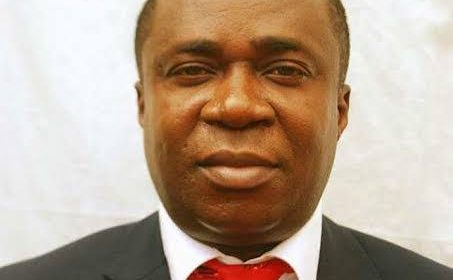
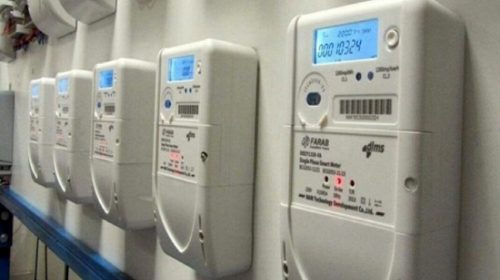
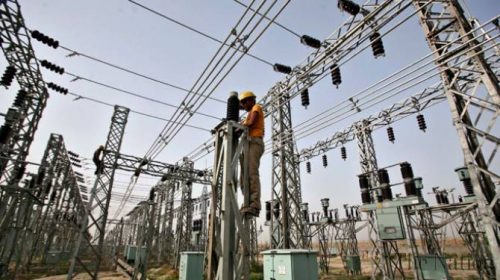

Leave a Reply